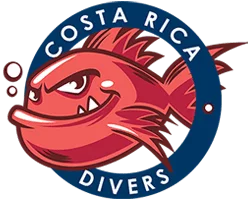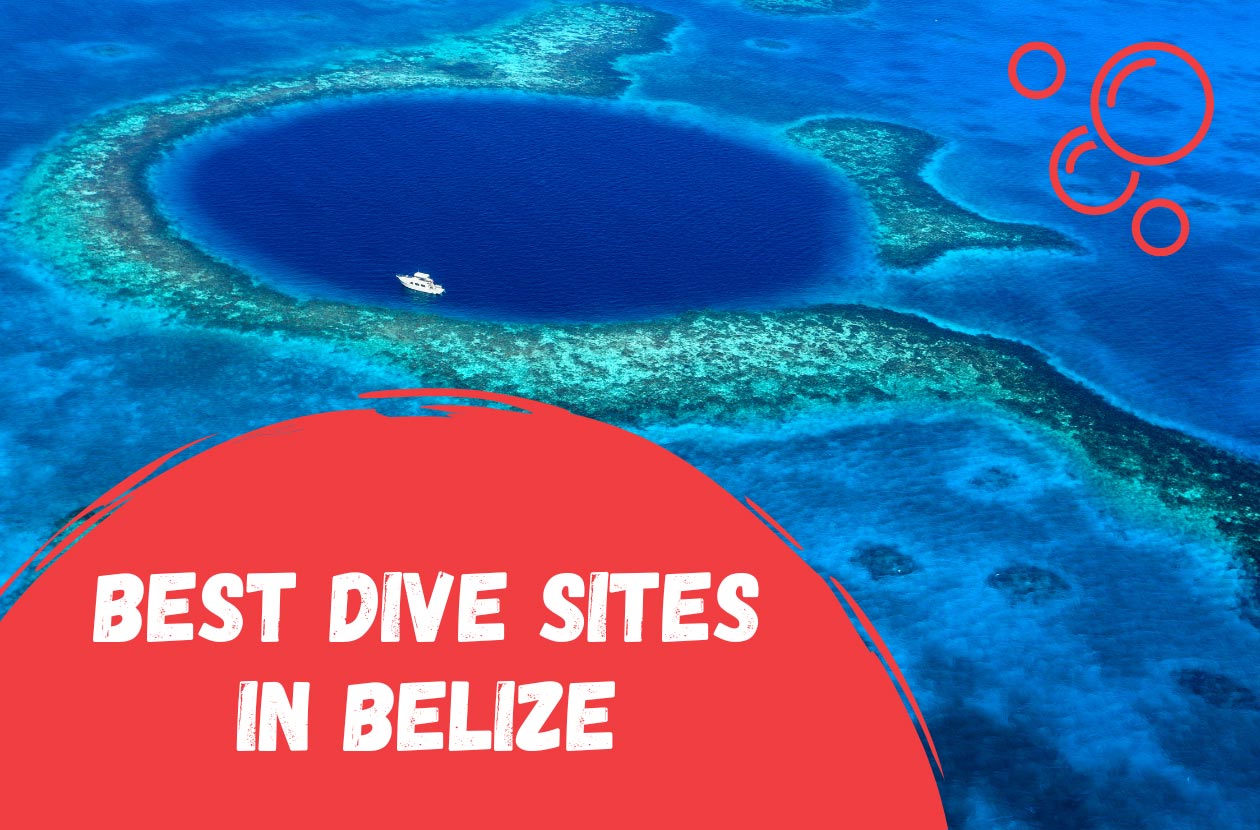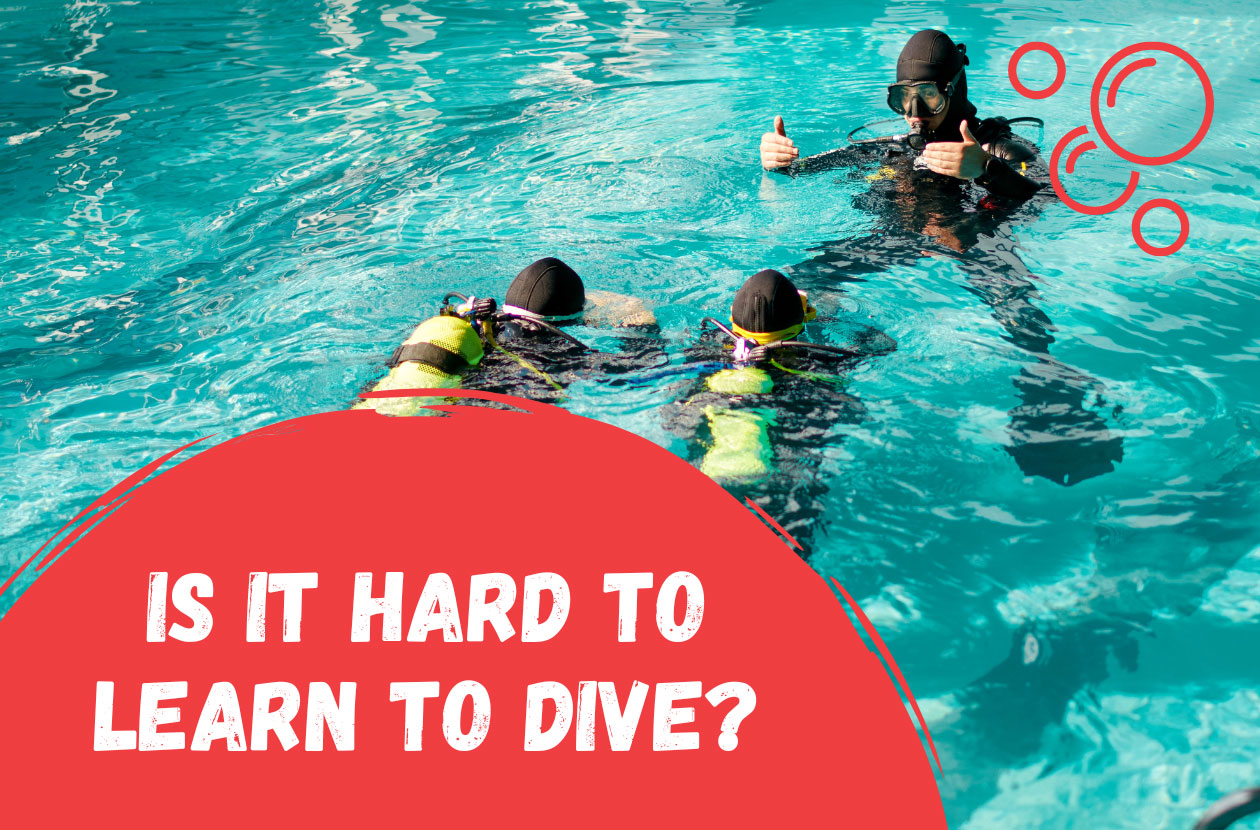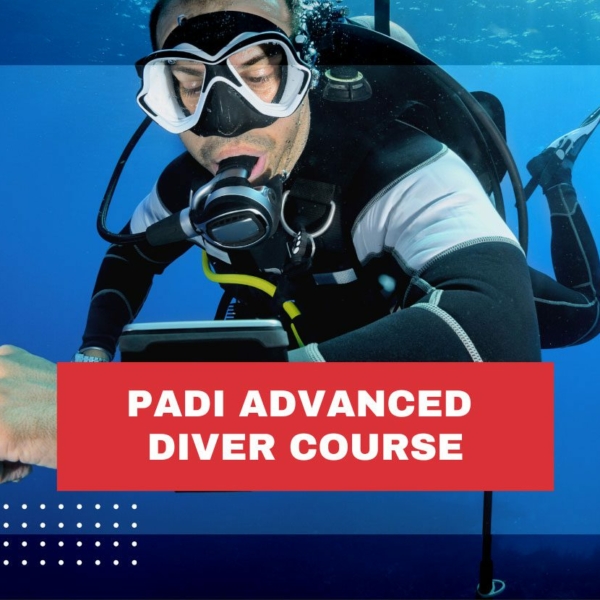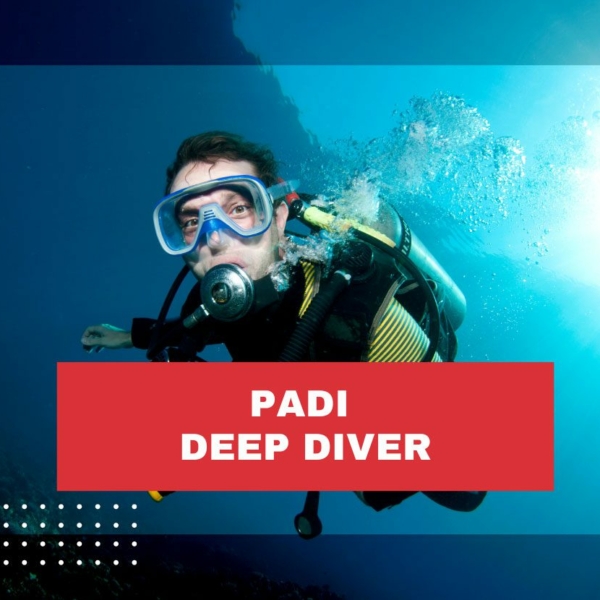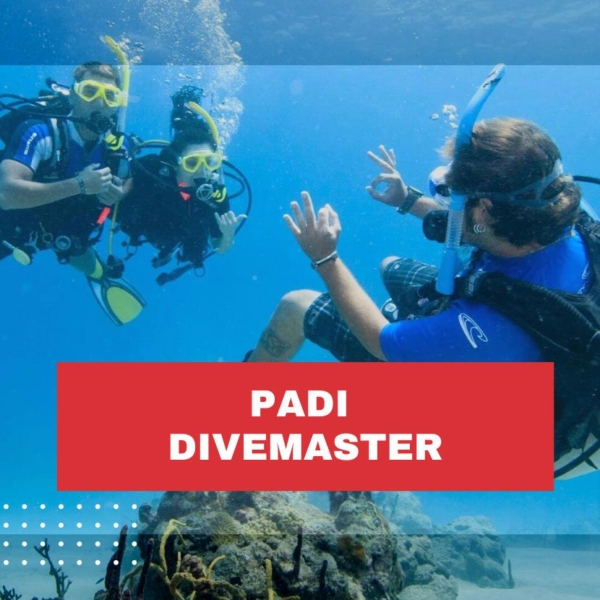Underwater navigation is an essential skill for scuba divers, as it allows them to find their way around the underwater environment and avoid getting lost. Proper navigation can also help divers to avoid hazards, such as underwater obstacles and strong currents, and to plan and execute their dives safely and efficiently.
Do you wonder how your guide knows how to get back to the same spot? Or how he can find a dive point despite poor visibility? That’s what underwater navigation is all about, and today we’re going to touch on that topic. Let’s get started!
Table of Contents
Underwater navigation in diving
Diving requires us to master many new skills and equipment operation. One such key skill is underwater navigation , but also that on the surface before we jump into the water. It is with these skills that you will be able to find your way underwater and see the most interesting places, instead of wandering somewhere among the deserted sand.
You will learn the basic elements of navigation already in the basic diving course, and with each subsequent course these skills will increase. You will learn new techniques and “tricks” for effective navigation underwater.
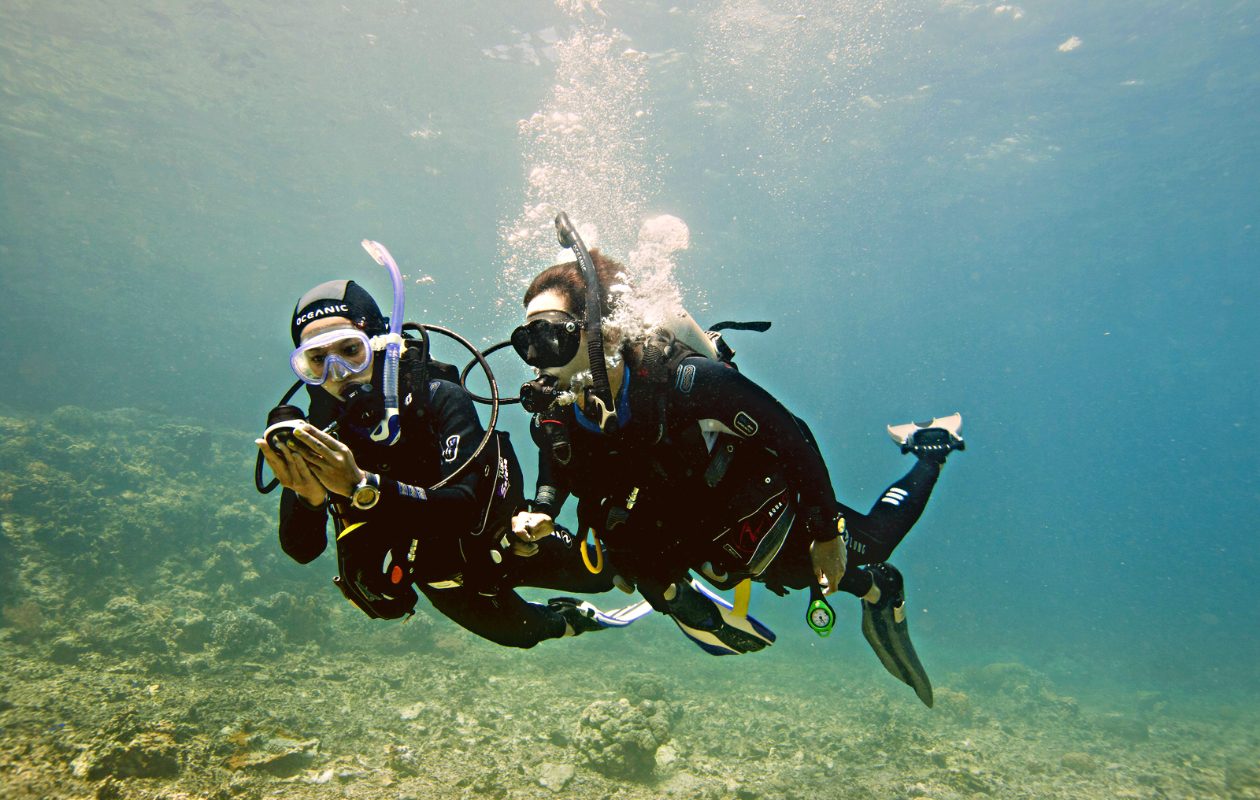
We hear how the dive plan is being created and what will be seen during the dive. Underwater navigation diving element that has a significant impact on whether the dive will be successful or not. The chances of getting lost, straying or confusing directions are much less on the surface than during a dive.
Basic underwater navigation techniques
There are several techniques that divers can use to navigate underwater, including natural navigation, compass navigation, and dive computers. Each of these methods has its own advantages and disadvantages, and divers should choose the method that is most suitable for their diving environment and experience level.
Natural navigation is a technique that relies on the natural features of the underwater environment to determine the diver’s location and direction. This can include using the sun or moon to determine the direction of the surface, observing the direction of currents and waves, and using underwater landmarks, such as rocks or corals to navigate. Natural navigation is a useful skill to have, as it can be used in any diving environment, even if the diver does not have a compass or dive computer.
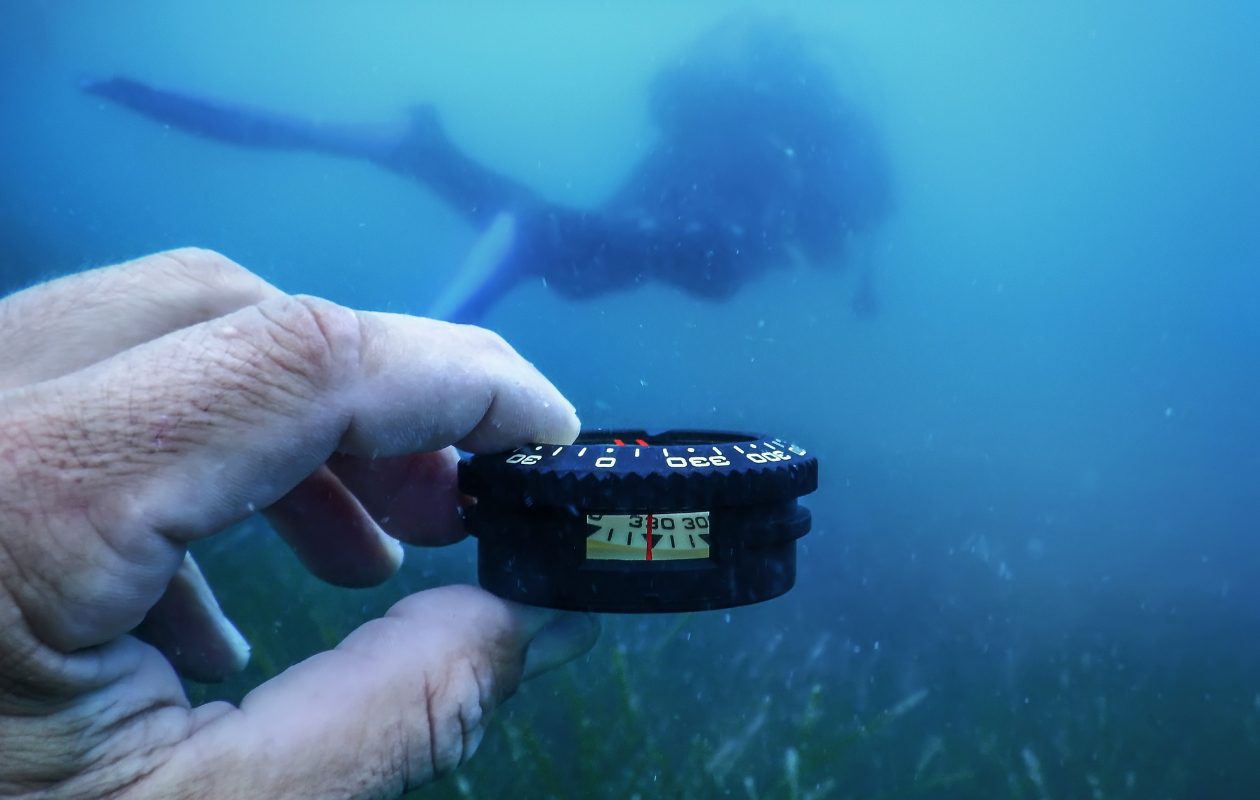
Compass navigation is a technique that uses a diving compass to determine the diver’s direction and location. A diving compass is a specialized instrument that is designed to work underwater and is resistant to the effects of pressure and magnetism.
To use a compass for navigation, the diver must first establish a reference direction, such as the direction of the dive site or the direction of the surface, and then use the compass to determine their current direction and make adjustments as needed. Compass navigation is a useful skill for divers who need to navigate in complex environments, such as shipwrecks or caves, where natural navigation may be difficult.
Shape of the bottom and sunlight
Let’s assume that you have dived several times at a particular site and you associate certain elements of the bottom shape. It could be anything. A shipwreck, a large boulder, a rock shelf, a large coral, etc. These are fixed elements that we can practically always count on.
It would be naïve to rely on the temporary presence of a fish shoal in a particular place, as they can move freely. Consequently, we have no guarantee that we will meet them again on the next dive. The location of known, fixed objects generally does not change on repeated dives, unless the dive site is heavily eroded.
Also, the sun is sometimes helpful during dives, at least as long as we remember its position. It is a good idea to determine and remember which side the sun is shining from before entering the water. By knowing exactly the arrangement of the sun’s rays underwater, we will be able to determine our position quite accurately during the dive. This method, is classified as one of the methods of natural navigation and works well when the visibility is good and the day is sunny.
Distance while navigating underwater
You can say that this is a kind of confirmation of your skills. The art of measuring, of determining the distance underwater, is perhaps one of the more difficult parts of underwater navigation. Still, it is useful to know the distance you have traveled during a dive without losing direction.
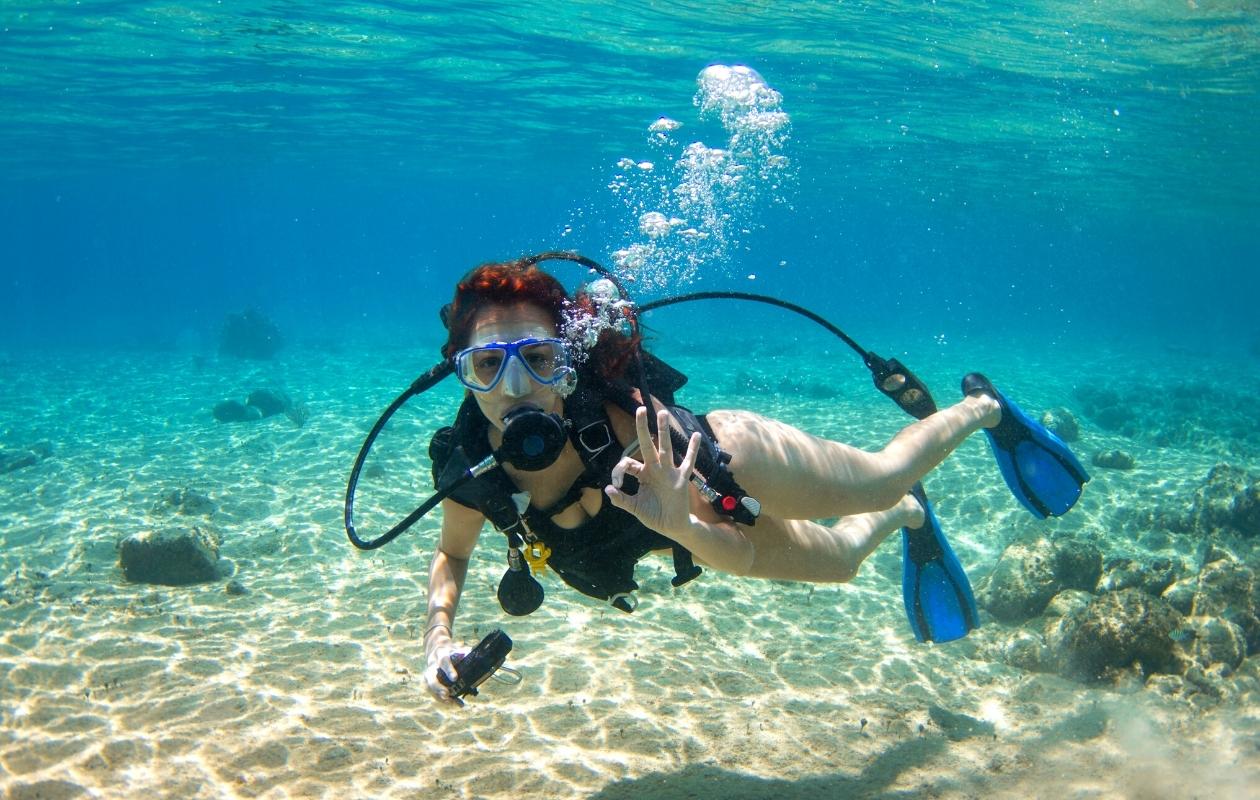
So how do you measure distance underwater? Well, there are many methods, and they all simply require practice and experience. One of the most popular is to measure the number of “kicks” with the fin. If it took 20 kicks to get here, it will probably take a similar amount to get back.
I say “probably” because it doesn’t have to be that way at all. It’s enough that you got here swimming with the current, and you’re going back against the current. All that counting won’t make sense. Or conditions have changed during your dive and the ocean is no longer as calm as before. Well… as I said, experience and a certain sense of foresight are needed here.
Is it difficult to navigate underwater?
It all depends on the circumstances and conditions of the site. If you are not very familiar with the place where you are diving, then of course natural navigation based on the terrain will be very difficult. The situation is different when you know every rock and almost every fish….
But it should also be made clear that underwater navigation doesn’t have to be perfect. It’s not that you have to always find everything with centimeter accuracy. The point is to enjoy recreational diving, not to punish yourself for not being perfect. You just need to know which way the place you want to see is or what line it is on. For example, north-south. This means there is no point in swimming east. Navigation is supposed to be an help, not a hated duty.
What to do if you get lost underwater?
Does losing direction underwater happen often? You don’t even know how often… Maybe I shouldn’t talk about it out loud, but well…. I’m only human, and I also happen to get lost underwater and swim out to where there is nothing but sand. And this is not what customers want to see…
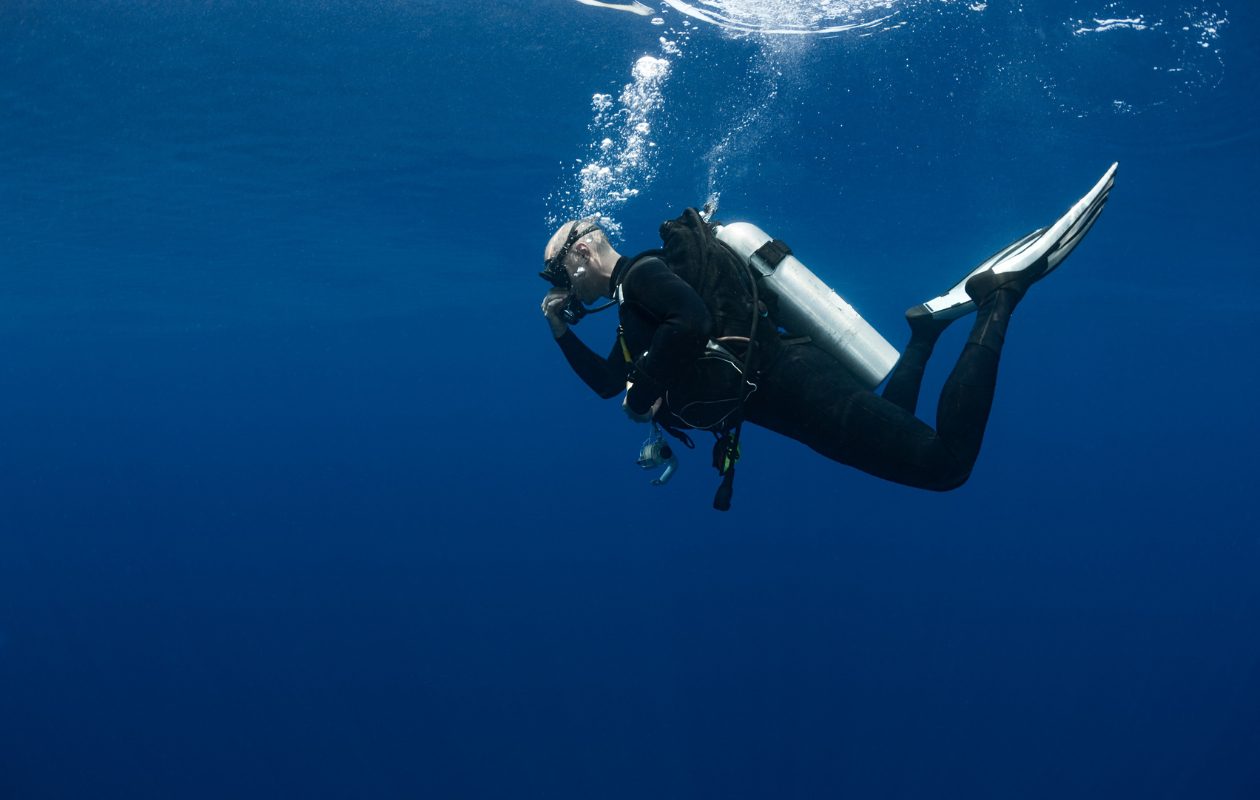
What can be done in this case? If you know where you might have made a mistake then, using the compass, try to get back on course. If that doesn’t help then basic dive site knowledge will come in handy. For example, on Isla del Cano in Costa Rica, where we dive most often, I know that the depth decreases as you approach the island. Nothing surprising right…?
But this knowledge allows me to find my way even without a compass. All I have to do is swim in the direction of the decreasing depth and eventually swim to the coral, then I find exactly the spot I’m looking for. And even if I don’t…. then at least instead of sand we will see coral.
Underwater navigation course
Underwater we have a limited number of “signs” that may or may not always tell us where we are at this moment. If we dive in areas with limited visibility and local currents, getting lost underwater is much easier than we may think. Fortunately, there are techniques to avoid such situations and get us safely to our designated spot. You can learn about them during underwater navigation course, which I believe every diver should complete.
Underwater navigation – let’s recap
Navigation underwater is indeed a very important skill. I can’t imagine a diver who doesn’t know how to use a compass and how to conduct his dives. Or at least how to plan what it will look like. It is such an important skill that the basic elements of underwater navigation are introduced from the basic diving course.
In the advanced course, navigation diving is a mandatory element to pair with deep diving. This shows how important this skill is. You can’t be a good diver and at the same time not know how to navigate in the water and on the surface. But rest assured… no one demands perfection from you. Everything will come with time and experience. Just keep diving!
